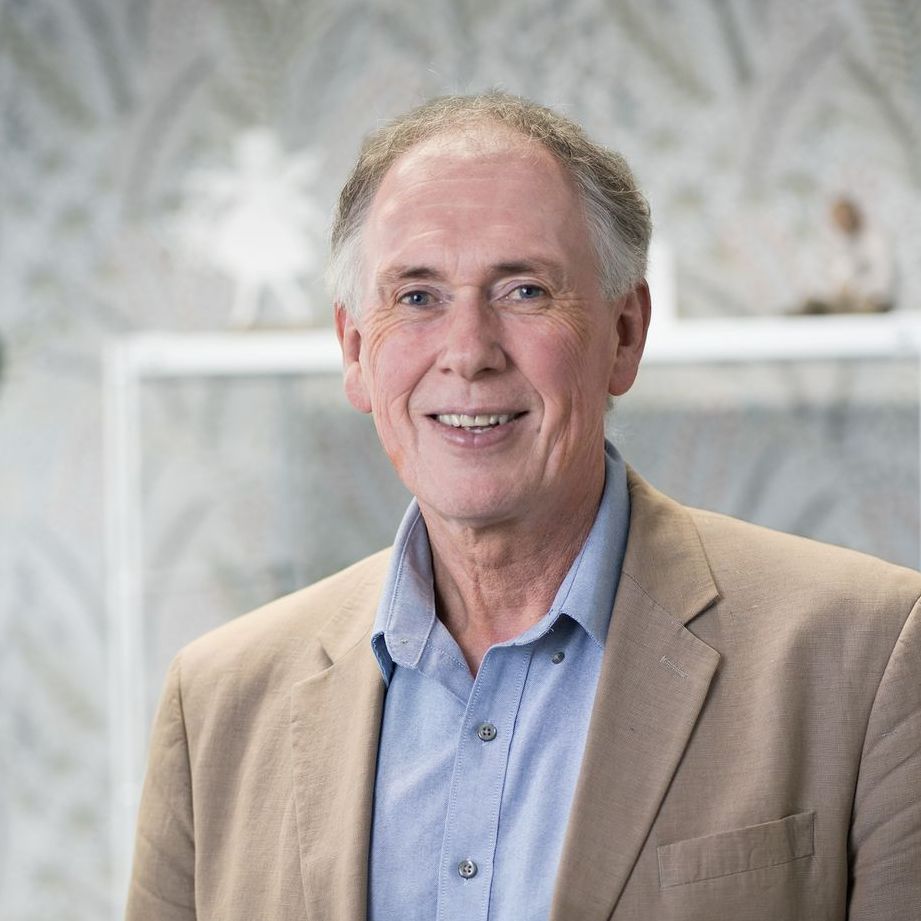Across both public and private practice, Dr Greg Phillipson treats many women who have to cope with the devastation of recurrent early pregnancy loss. Seeking answers quickly can help to make sense of the emotions.
One pregnancy loss is hard enough; two can be devastating. When someone has experienced two losses in a row then investigations may provide the answer. Within the public system, however, only after three miscarriages will specialist referral for follow-up be considered.
Not understanding the possible reasons for recurrent pregnancy loss can exacerbate the emotional distress that often comes with managing a miscarriage. Recurrent loss is more common than people realise too. Of the one in 50 women who lose two pregnancies in a row, about 30 per cent will have another loss. While recurrent pregnancy loss may not be preventable, answers can be found. It may be important to establish possible causes and receive specialist advice earlier rather than later.
Age is a consideration. Many people delay starting a family for different reasons. However, as women and men age, the chance of miscarriage increases – particularly when someone enters their late thirties.
Lifestyle factors and medical conditions may increase the risk. Abnormal bleeding or heavier periods suggest that an ultrasound scan may reveal problems in the uterus. Although not common, there are also treatable immune system illnesses that can cause a loss of pregnancy or premature delivery. Increasing evidence indicates that smoking, alcohol and caffeine intake may contribute to pregnancy loss.
We also know that most miscarriages were probably predetermined from very early in the pregnancy due to factors within the embryo. Genetic abnormalities in the egg or sperm often occur. Some couples should undergo chromosomal tests as they may explain the increased chance of further miscarriage.
Whatever the reason may be, there are steps people can take to give themselves the best possible chance of a successful pregnancy. It begins with a comprehensive health screen and, should any alarms be raised at this stage, investigations by specialists.
It’s helpful for women, along with their partners and families, to understand that a loss is significant no matter how early. The sudden loss of a pregnancy can be incredibly emotional: anger or depression are natural responses at this time. People who suffer a miscarriage need support similar to those who have experienced a later loss.
Dr Greg Phillipson is a gynaecologist and fertility specialist with Certification in Reproductive Endocrinology and Infertility (CREI). He has a wealth of experience in male and female fertility management, early pregnancy care and IVF, and specialises in tubal pregnancies, recurrent miscarriages and vasectomy/sterilisation reversal.
Recent stories





